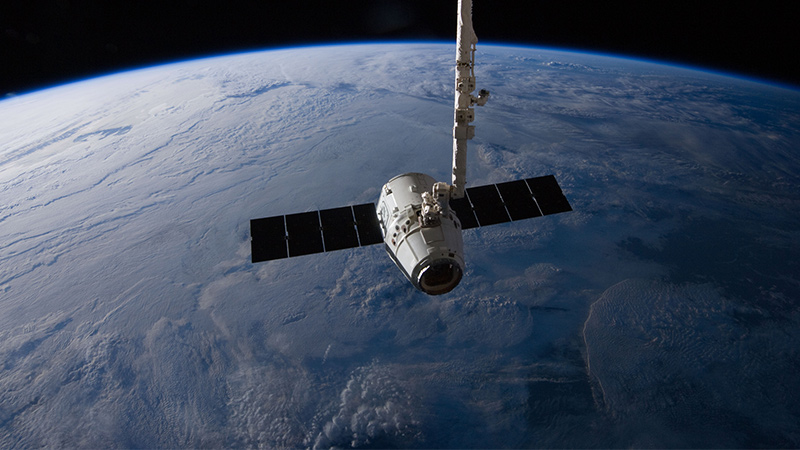U.S. announces proposed overhaul of space regulations
By Tom Risen|February 21, 2018
NOAA would lose host role for space commerce authority
The U.S. National Space Council on Wednesday took aim at government agencies that Vice President Mike Pence, who presided over the session, said have “remained stuck in the past” when it comes to their interactions with space launch companies and commercial satellite operators.
Pence, according to an online broadcast of the discussion, said that launch licensing, managed today by the FAA, levies “burdensome government barriers” on companies. He said that a year from now (March 1, 2019, to be precise) he wants the Transportation Department, which includes the FAA, to create a single type of license for launch and re-entry of spacecraft, and “create a performance-based licensing regime.”
A statement from Pence’s office says this will be among the recommendations sent to President Donald Trump.
When it was Commerce Secretary Wilbur Ross’ turn to address the council, he proposed shifting the responsibilities of the Office of Space Commerce from the department’s NOAA agency to an Office of the Under Secretary for Space Commerce that would be established. Commercial Remote Sensing Regulatory Affairs would also move from NOAA to the proposed under secretary office.
In fact, Ross said “all space commerce responsibilities other than launch and re-entry licensing” would be shifted, and the new office would become a “one-stop shop for space commerce.”
“Activities such as space tourism, asteroid mining and space habitation are quickly becoming much more than science fiction,” Ross said, adding there is a need for “relatively permissive” regulation to support space efforts.
Ross said the process to license a company to operate a remote sensing constellation can take five years in part because some rules are decades old, and that by July 1 the Commerce Department will propose a streamlining of that process.
Tom Stroup, president of the Satellite Industry Association trade group and a member of the space council, said during the meeting that easing allocation of the government wireless spectrum would also ease the path for numerous companies proposing to launch constellations for purposes including global broadband access.
“With plans to launch satellite constellation of hundreds if not thousands of satellites in the next decade, it is crucial that regulation be adaptable to new technologies,” Stroup said.
Editor’s note: In the NASA photo at the top of this page, the Candarm2 robotic arm on the International Space Station grasps SpaceX’s Dragon cargo craft.





